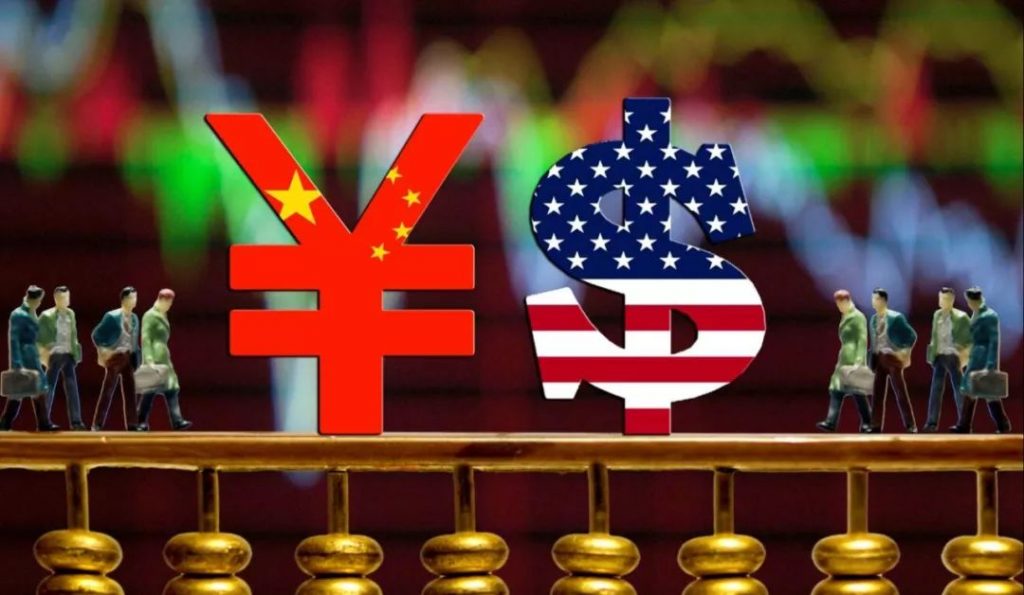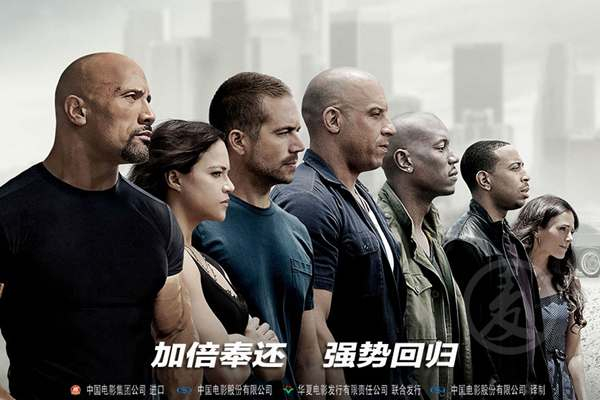How the Looming Trade War Might Influence the Entertainment Sector
It has been a few weeks since the United States and China started threatening each other with higher tariffs. Although there are no tariffs on entertainment products yet, it’s still possible that the looming trade war will influence the entertainment sector. Using China’s previous restrictions on South Korean content as a reference, although the Chinese government never made the ban official, it still negatively affected cultural exchange activities between the two countries and even propelled some Chinese audiences to voluntarily boycott Korean movies and TV shows. While the scale of the entertainment industry is much smaller compared to other involved industries, such as agriculture and automobile, the amplifying effects of cultural products will likely influence the stock market, tourism, and much more. In addition, the looming trade war might negatively affect the ongoing negotiation on film import quota and revenue-sharing policies, which could bring bad news to the Hollywood but open up more room for domestic Chinese films and films from other countries. Read more on yuemu
China Box Office Flourishes on Tomb Sweeping Day
On April 5th, the market in Mainland China closed with a soaring 286 million RMB ($45.36 million). Steven Spielberg’s Ready Player One scored 165 million RMB ($26.17 million) that day. The movie’s cumulative box office revenue has reached 748 million RMB, and is expected to exceed 800 million RMB by April 6. Two films were released on April 5: The Snow Queen 3: Fire and Ice, a Russian animated movie that collected 17.42 million RMB in one day, and Cats and Peachtopia, a domestic animated film that reaped 6.35 million RMB in revenue. Films that have been around continued to perform with varying degrees of success. The comedy Hindi Medium received 39.39 million RMB in one day, with a cumulative revenue reaching 61.69 million RMB in mainland China. Pacific Rim: Uprising collected 13.08 million RMB, and is about to break 6 billion in total revenue. The thriller Blow Out amassed 9.63 million RMB in one day, with a current cumulative 17.34 million RMB. Read more on Mtime
Chinese Short-video Apps Gaining Popularity in Korea and Japan
Douyin and Kuaishou, two Chinese short-video apps, are garnering user bases in Korea, Japan and countries in Southeast Asia. According Apple Store and Google Play download statistics, Kuaishou’s Korean version, KWAI, is now the hottest application in Korea. A survey by a trusted Japanese media source reveals that 24 percent of teenage girls in Japan are using Douyin’s international version. In March, both Douyin and Kuaishou released new live-stream Q&A features in other Asian countries. Douyin and Kuaishou’s new successes in Asia highlight China’s increasing dominance in the international internet marketplace. A few years ago, Chinese tech companies were still at the stage of learning from foreign companies. Yet, today, they are finally beginning to export original products. Read more on Entertainment Capital
Will On-demand Cinemas Change the Way People Watch Movies in China?
In recent years, a new model of movie-going has emerged in China: “cinemas” made up of private viewing rooms, which people may reserve for themselves and their friends. Unlike in traditional theaters, people can pause and rewind at their own ease, sit as close to the screen as they like, and enjoy the company of whomever they choose. These small, reservable theaters provide a luxurious alternative catered to a young urban middle class. In addition to movie viewing, the social function offered by these on-demand cinemas seems to be more appealing. While there are roughly 9000 traditional cinemas in China, there are already more than 4000 on-demand theaters in 339 Chinese cities. As the new rules for on-demand theaters started taking effect on March 30, about 70 percent of the existing on-demand theaters are expected to either close up shop or suspend business for rectification. It remains to be seen how this sector will evolve. Read more on p5w.net








